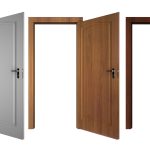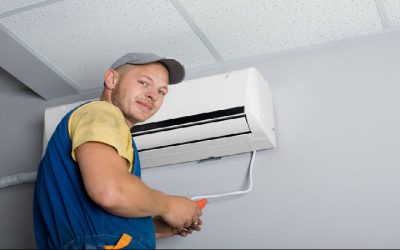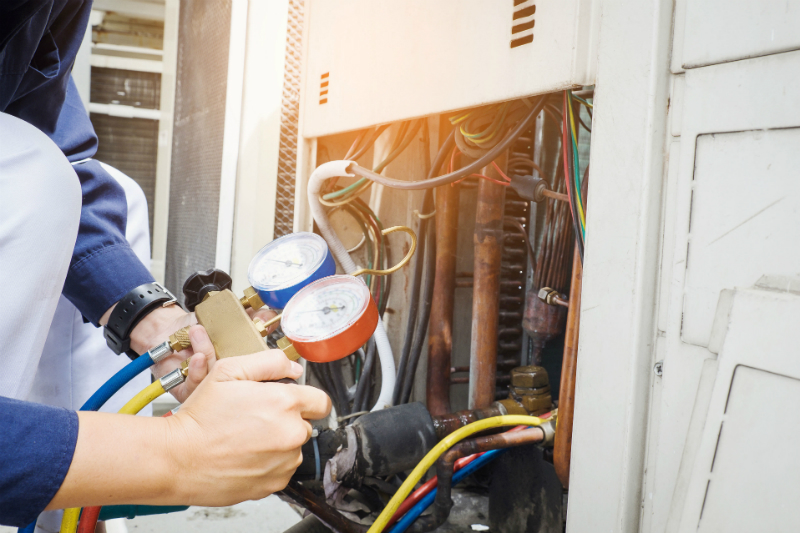Having a well-functioning furnace is one of the most important parts of a home. Anyone who has huddled for warmth on a cold winter night can tell you that. So when you’re looking to install a furnace, you want to make sure you’re doing the right thing. Purchasing and installing a new furnace, whether it’s for a new home or because your old one has died, is a significant undertaking. No matter what direction you go, there will be a substantial cost attached. Beyond that, there are a few very important decisions involved that will determine the exact cost, efficiency, and safety of your new furnace. Not all furnaces are the same, or run on the same type of fuel. There are three basic types of furnaces: gas, oil, and electric. Here is a quick overview of each to let you know which one would be best for you.
Gas Furnace
Gas furnaces are the most commonly used ones, especially in regions with harsh winter conditions, so they are the most common furnace installation in places like Chicago or Seattle. They typically will cost significantly more than electric or oil options upfront, partially because there are more pipes and ducts involved, but this cost is assuaged by the cheaper cost per unit for the gas than any other furnace. It is also more convenient than oil, since the gas is piped directly into the house instead of delivered. There is generally a larger long-term consideration involved, as annual cleaning and maintenance is necessary to keep the furnace working.
Oil Furnace
An oil furnace functions similarly to a gas furnace, with a couple of major differences. The oil isn’t piped in, but is instead delivered and kept in a tank, which means that the piping and ducts necessary for a gas furnace aren’t an issue. Oil does cost more per unit than gas, but it’s also more efficient when it comes to converting into heat.
Electric Furnace
Electric options are one of the easiest options available. It’s a small, easy to install unit that generally costs less than the gas option. An electric furnace simply converts the electricity coming into a home into thermal energy. They’re low maintenance, quieter, safer, and better for the environment, and are usually a fantastic choice in terms of the burden placed on the homeowner. However, most electric units aren’t as powerful as gas and oil counterparts, making them poor options for larger houses in colder climates, and the cost per unit of electricity is higher than oil or gas. Visit us at http://deljoheating.com for more details. Follow us on twitter.







